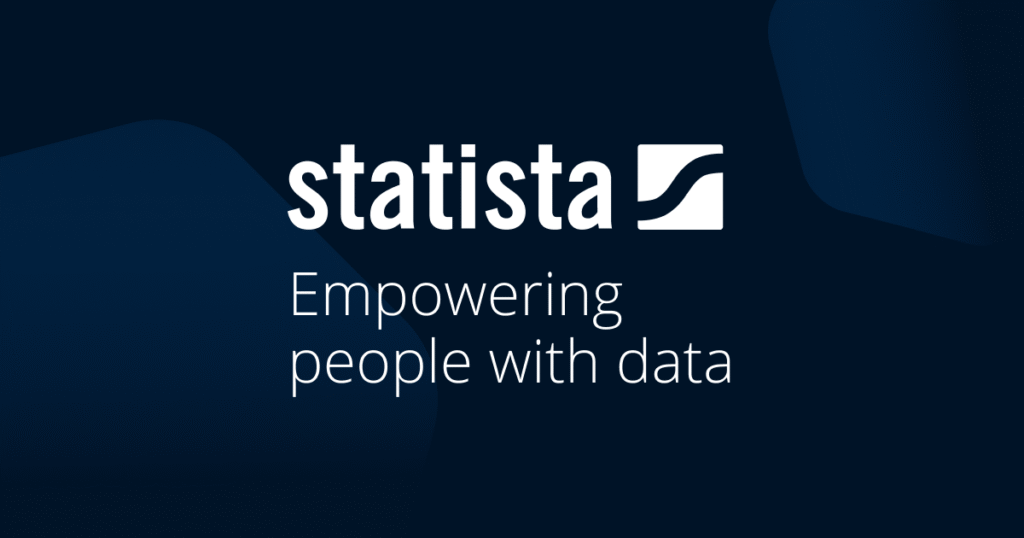The era of artificial intelligence has prominently positioned itself at the forefront of business innovation. As AI becomes a technology of strategic significance across various sectors, small and medium-sized businesses (SMBs) stand to gain considerably by embracing early adoption. By integrating AI-driven workflows and automation strategies into daily operations, these businesses have the opportunity to streamline processes, enhance decision-making, and elevate productivity.
One of the most significant advantages of AI integration is the potential for increased efficiency. For SMBs, time often translates directly into cost, and AI has the capability to optimize workflows in several areas. For instance, workflow automation tools powered by AI can handle repetitive tasks that would otherwise consume valuable employee hours. This not only alleviates the burden on staff but also enables them to focus on higher-value projects that drive innovation and growth. A practical example can be found in the use of AI for customer service. By implementing AI-driven chatbots, businesses can address routine inquiries immediately, freeing up human agents to tackle more complex issues. The immediate benefits of such automation include reduced response times, improved customer satisfaction, and ultimately, enhanced customer loyalty.
Improved decision-making is another essential outcome of integrating AI into business processes. AI can analyze vast amounts of data far more quickly and accurately than a human could. For instance, SMBs can harness AI analytics tools to gather insights from sales data, providing a clearer understanding of consumer behavior and market trends. This data-driven approach allows businesses to make informed decisions, identify opportunities for growth, and tailor products or services to better meet customer needs. Imagine an SMB leveraging AI to project sales trends based on historical data—this capability enables companies to adjust their strategies proactively rather than reactively, leading to increased market competitiveness.
Productivity gains through AI are also noteworthy. For example, in supply chain management, AI can enhance inventory control through predictive analytics, enabling businesses to maintain optimal stock levels, reduce excess inventory, and mitigate the risks of stockouts. An SMB that implements such technologies may observe significant cost savings as well as improved operational efficiency. By using AI to forecast demand accurately, small businesses can align their production schedules with customer needs, ultimately leading to better service delivery and stronger bottom lines.
However, the journey toward AI integration is not without its challenges. One primary concern is the integration process itself, as companies often rely on commercially available software that might not be a perfect fit for their needs. Data security is another pressing issue; businesses must be vigilant about protecting the data entered into AI systems, as improper handling can lead to significant liabilities. Moreover, staying abreast of rapid technological developments in AI requires ongoing training and resources, which can pose a daunting challenge for SMBs with limited budgets and staff.
To mitigate these challenges, it is essential for SMBs to adopt a structured approach to AI integration. Collaboration with technology partners can provide tailored solutions that are more aligned with specific business objectives, thereby enhancing the effectiveness of AI applications. Additionally, investing in employee training not only empowers staff with the skills required to leverage AI technologies effectively but also fosters a culture of innovation.
The value of early adopters should not be understated. Those who integrate AI technologies ahead of the curve can witness a more rapid maturation of their business capabilities, benefitting from not just enhanced efficiency but also the ability to adapt to ongoing changes in the AI landscape. Companies committed to adopting AI by 2025 have ambitious expectations for improved operational efficiency, time savings, and cost reductions, leading to transformative effects on their overall business models.
To emphasize, the application of AI is not about replacing human input but rather about augmenting it. By leveraging AI-driven workflows, SMBs can optimize their operations, enhance customer experiences, and cultivate a forward-thinking business culture. The path toward AI integration may involve upfront investments in both technology and human capital; however, the potential returns on investment are substantial.
In conclusion, as we navigate this new technological era, SMBs that embrace AI-driven workflows and automation strategies stand poised to thrive. By improving efficiency, enhancing decision-making capabilities, and optimizing productivity, businesses can position themselves competitively in an evolving marketplace.
FlowMind AI Insight: The successful integration of AI into daily operations not only streamlines tasks but serves as a catalyst for innovation. Embracing AI is not just a trend but a strategic imperative for SMBs aiming for sustained growth and heightened operational excellence.
Original article: Read here
2025-04-30 07:00:00

